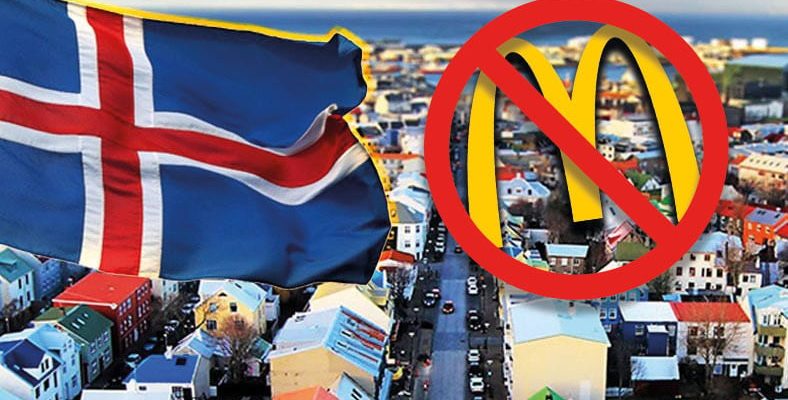Iceland, a country that fascinates people with both its common culture with the Vikings and its natural beauty, has facts that will surprise you when you hear them. The moment you read information about the small but impressive country Iceland, you may want to go by plane first.
Known as the ‘land of fire and ice’ Iceland, has popularly become one of the most traveled routes in the last few years. If you are considering going to this country, which has breathtaking beauties from glaciers to volcanoes and hot springs, we recommend that you first read the list we have compiled of interesting facts that you should learn.
Have you ever wondered where Iceland, a very culturally diverse country, is, where it earns its livelihood, and which country it left years ago? Information about Iceland When you read it, you will understand better why people want to go to this country so much.
Information about Iceland:
- There are almost no natural forests
- There are no McDonald’s in Iceland
- Icelanders don’t have surnames
- Babies are left outside alone
- They use the language that the Vikings used
- They have a fairly small population
- Sources of income are tourism and fishing
- Official currency that is not widely used
- They have the purest water in the world
- Beer was banned until 1989
There are almost no natural forests
Iceland, It is one of the interesting countries with details you cannot see anywhere else in the world. One of these is the lack of natural forests throughout the country, but this was not always the case in history. Researchers estimate that when the first settlers arrived in Iceland, the country was approximately 25% to 40% forested. In later years vikings This damaged and destroyed many of the natural forest areas.
Although great steps have been taken in recent years towards revitalizing forest lands and afforestation, there have not been visible changes yet. One of the biggest reasons for this is Iceland’s It is shown that trees do not have the soil depth necessary for them to put down their roots and develop.
There are no McDonald’s in Iceland
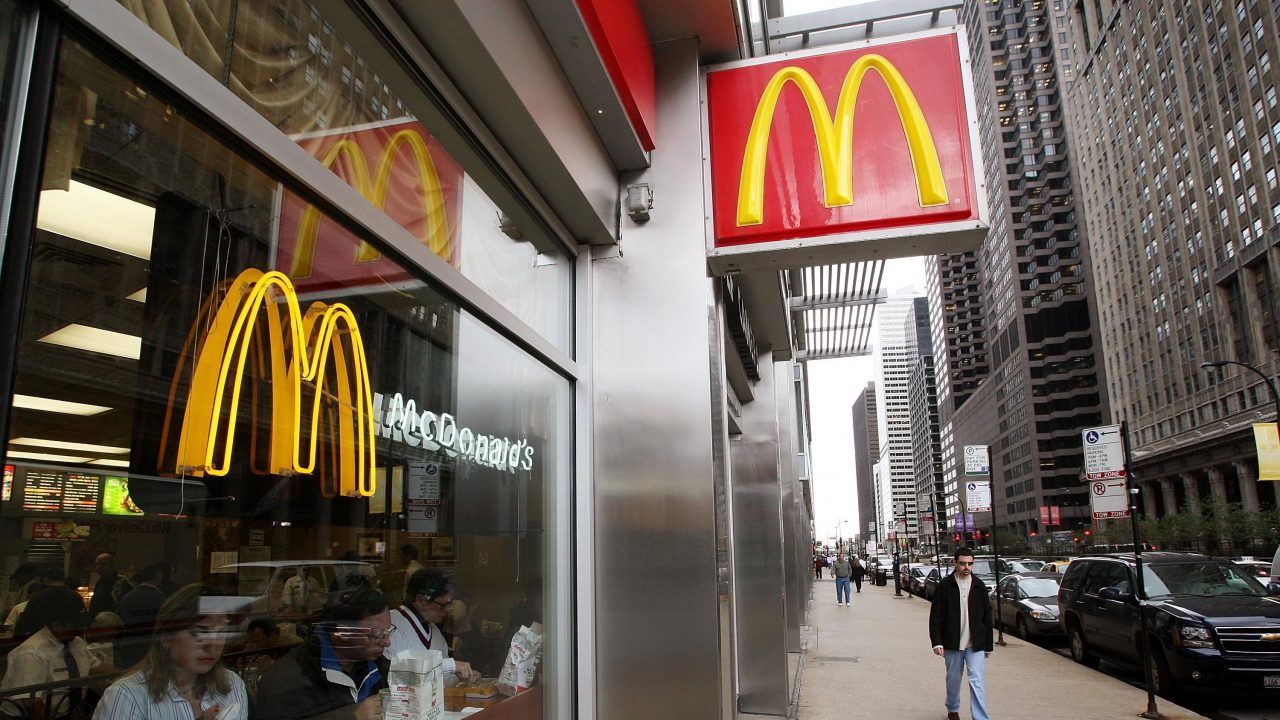
McDonald’s, one of today’s biggest burger brands in iceland Did you know that it is not? A McDonald’s branch was opened in Reykjavik in 1993, but sales decreased significantly due to prices. More importantly, after the financial crisis in 2008, the prices of goods imported into Iceland increased rapidly, and McDonald’s products were also affected by this increase. This, All McDonald’s in Iceland resulted in the closure of its branches.
RELATED NEWS
McDonald’s, which comes to mind when talking about fast food, is actually the world’s largest toy seller: But what’s the point?
Icelanders don’t have surnames
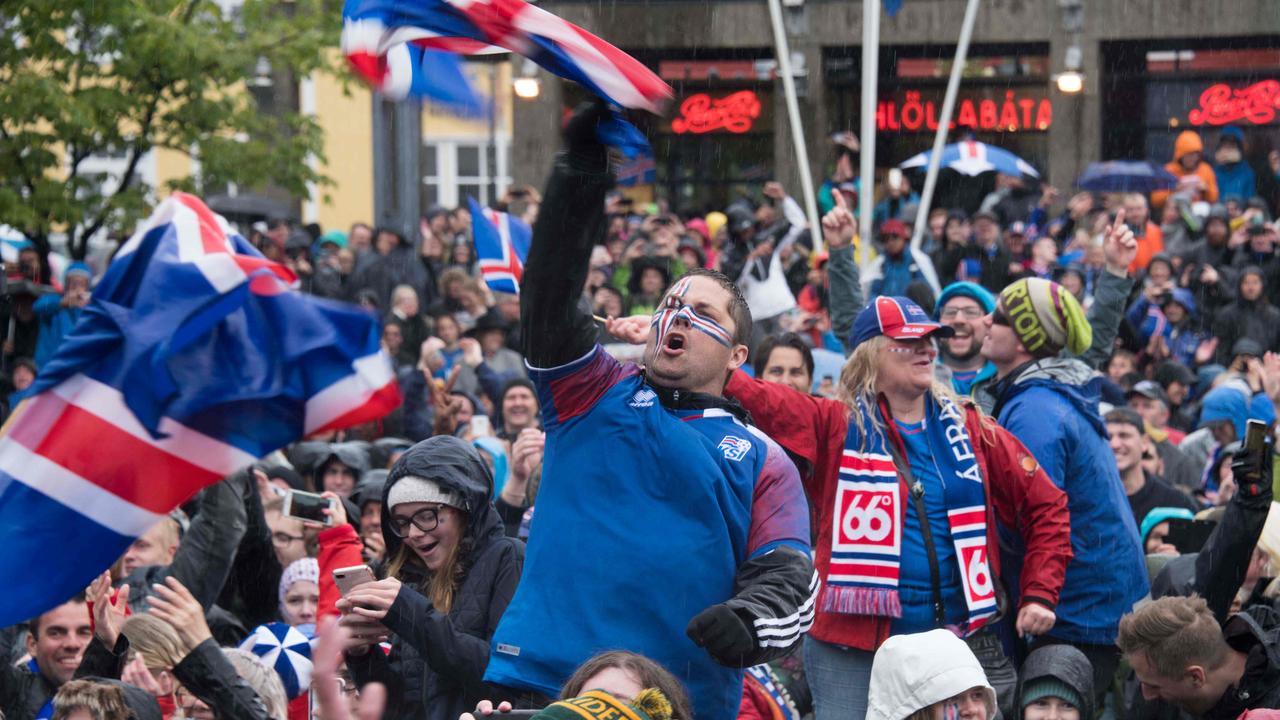
Unlike other countries Icelanders the vast majority last name no. Of course, there are exceptions to these, but they are quite rare and are generally Danish. with an Icelandic person It’s because of their marriage. Surnames consist of their father’s name and the suffixes -‘son’ (for boys) meaning ‘son’ and ‘dóttir’ (for girls) meaning ‘daughter’.
Babies are left outside alone to sleep in the fresh air
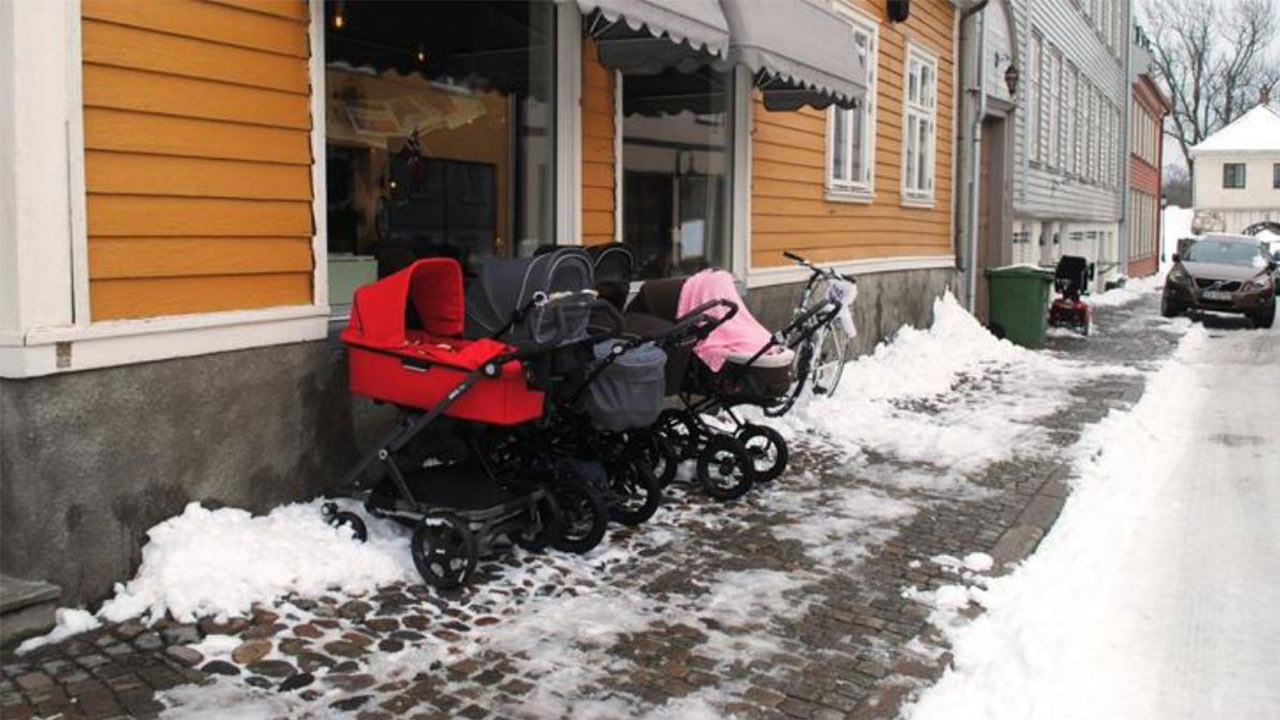
In this country, parents allow their children to play freely on the street or in open areas. From a young age, children ride the bus without their parents. What is more surprising is that babies are seen in front of markets, houses or cafes. alone They are left in the car. Thus, while parents do their daily work, they also take care of their babies. sleep in the fresh airIt provides. Although this may seem like a very risky and negligent behavior today, Iceland is known to be a very safe place with an incredibly low crime rate.
RELATED NEWS
Why Do Parents in Northern European Countries Like Denmark and Iceland Let Their Babies Sleep Alone on the Street, Regardless of the Cold?
They use the language that the Vikings used
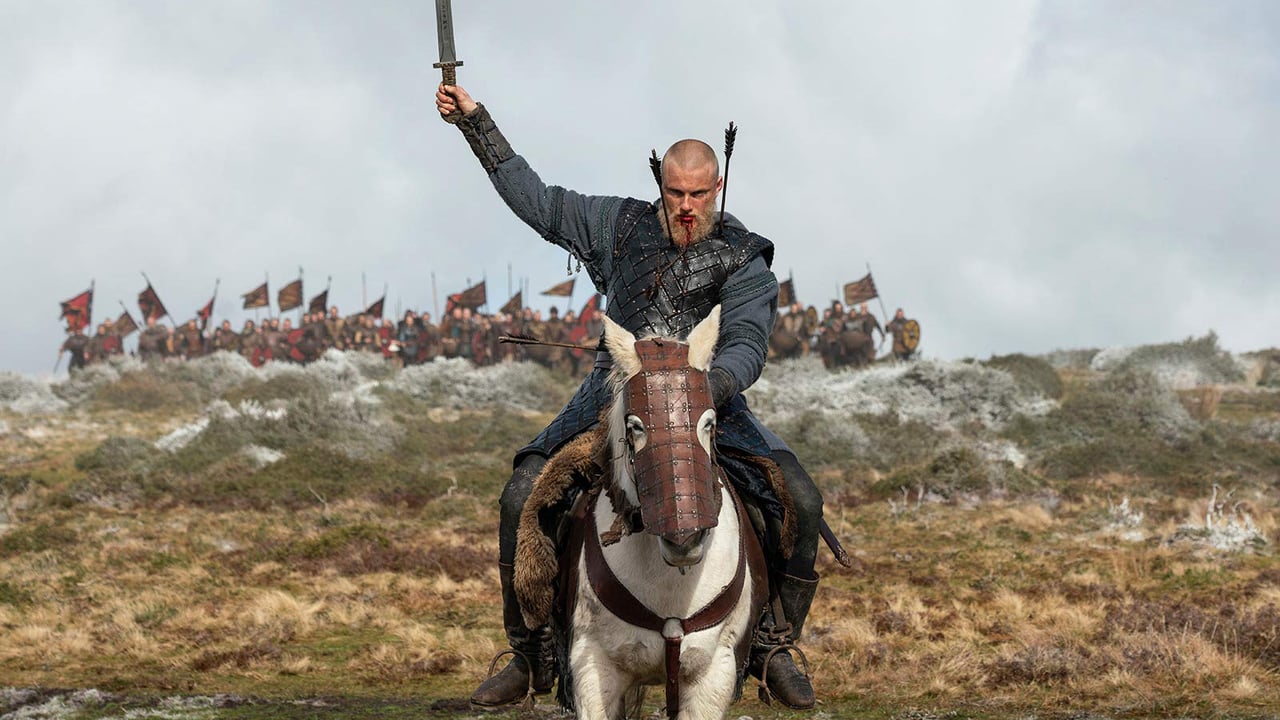
Official Icelandic Icelandic, like other Scandinavian languages, belongs to the subgroup of Germanic languages of the Indo-European linguistic root. Unlike languages that have undergone many changes over the centuries, Icelandic remained very close to its original form due to the absence of almost any external influence and extreme isolation until the 20th century. remained. Even used today Icelandic, in the viking age The spoken language is so close to Old Norse that Icelanders can easily read and understand literary works dating back to the 13th and 14th centuries.
They have a fairly small population
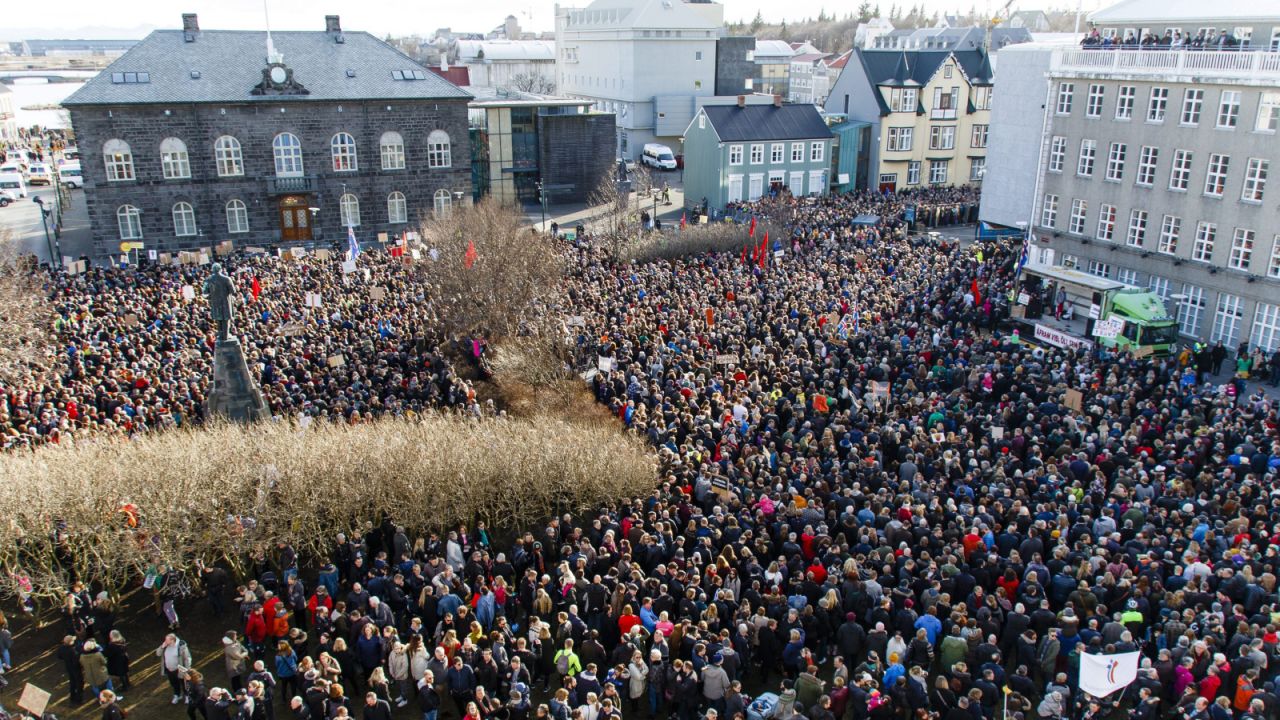
population of iceland Although there are approximately 387 thousand, the majority, approximately 63%, live around the capital Reykjavik. According to reports published by Icelandic authorities, the country’s population has increased in the last year. 3.1% It increased. This was the largest increase in Iceland’s population figures since 1734. While approximately 200 thousand of the population consists of men, there are 187 thousand women.
Sources of income are tourism and fishing
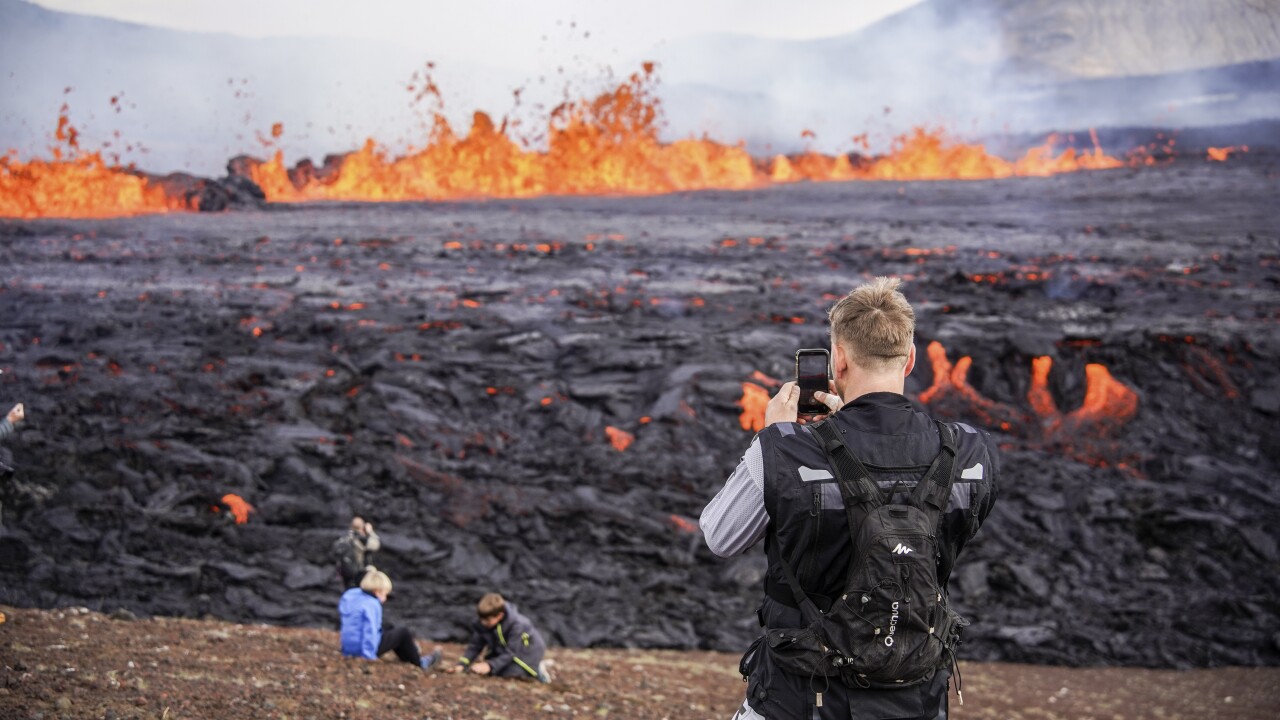
Greenland and Norway located between a North Atlantic island nation Iceland, used its geographical location advantages efficiently and especially used fishing as a widespread source of income. Looking at the last decade, Iceland’s economy has grown rapidly, driven by unprecedented growth in tourism, strong consumption and falling unemployment. Especially after the global crisis between 2008 and 2010 tourism and fishing It played an important role in the revival of the economy.
Official currency that is not widely used
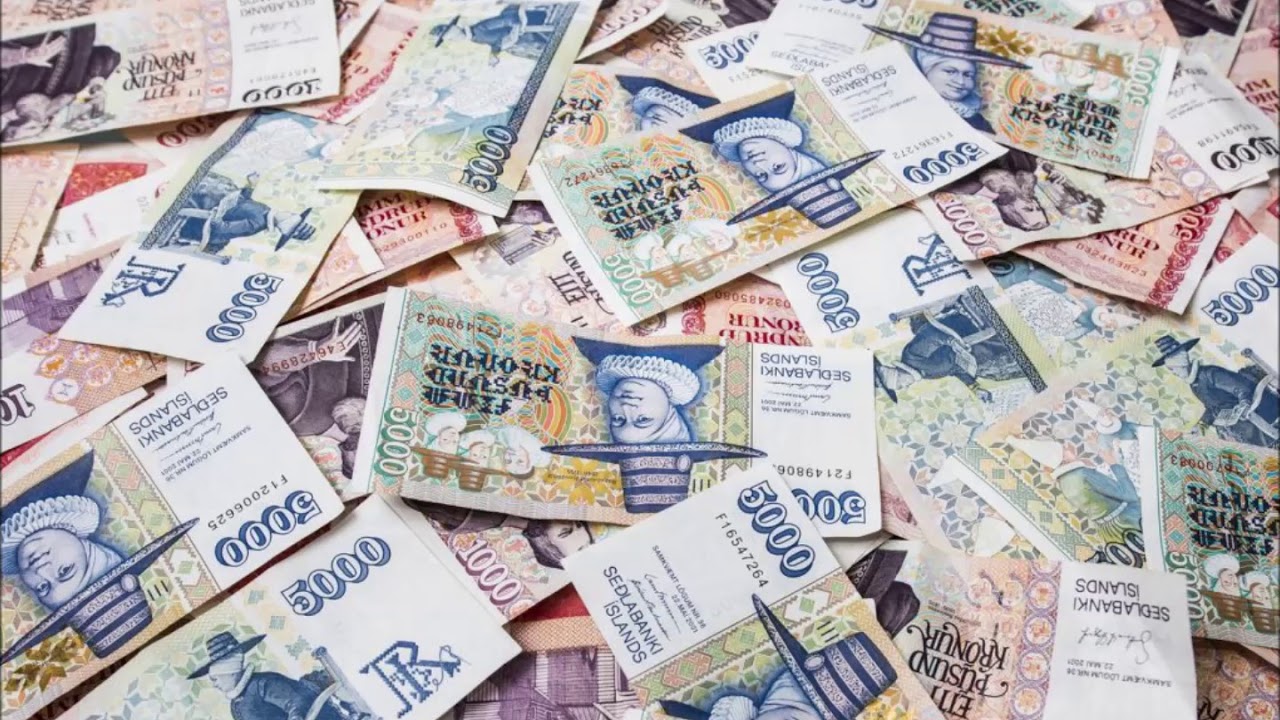
It first issued its own banknotes in 1885. IcelandersBefore that date, they were using the Danish Krone. Iceland, which gained autonomy from Denmark in 1918, used the official currency Icelandic Krona started using it. Although it is the only currency used in Iceland, you may not see it very often in daily life, as people generally use debit and credit cards a lot and locals do not use cash.
They have the purest water in the world
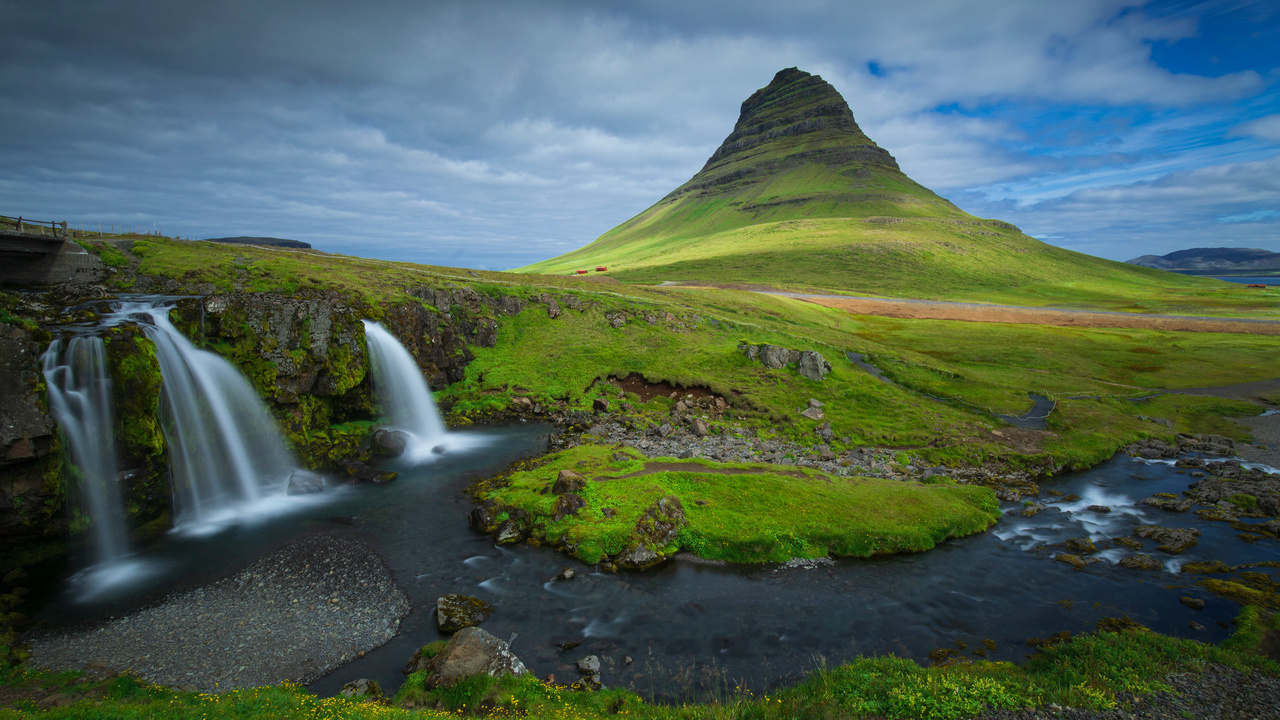
Iceland It has water sources in every shape and form, from waterfalls, hot springs, lagoons to lakes and rivers. Tap water in Iceland contains no additives or other contaminants and is not treated with any chemicals such as chlorine. For all these reasons, the waters in Iceland are the purest in the world It is considered one of the waters.
Beer was banned until 1989
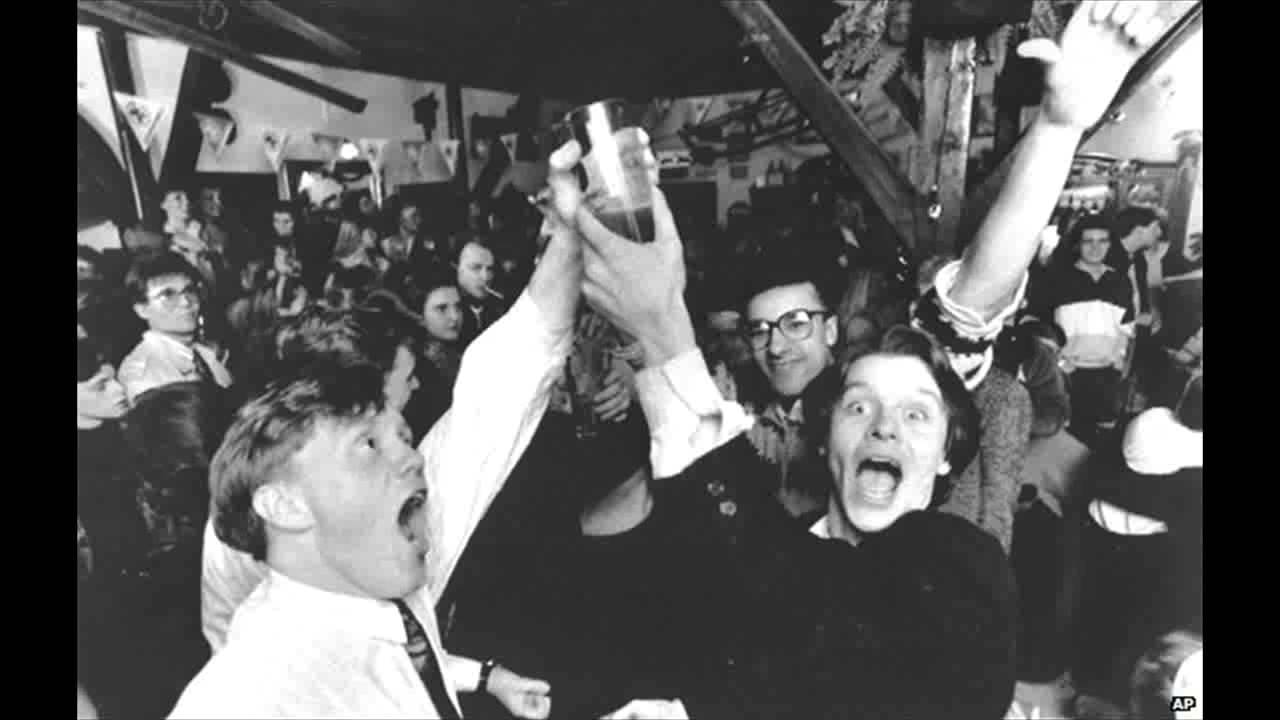
in 1915 Iceland There was a general ban on alcohol throughout the country. In 1922, the government lifted specific bans on Spanish wine because the Spanish were an important trading partner. Prohibitions on alcohol were lifted in 1935, but beer remained banned. The reason for this is that it causes people to drink more alcohol andzland’s struggle for independence given The symbolic drink of Denmark It is shown to be.
RELATED NEWS
